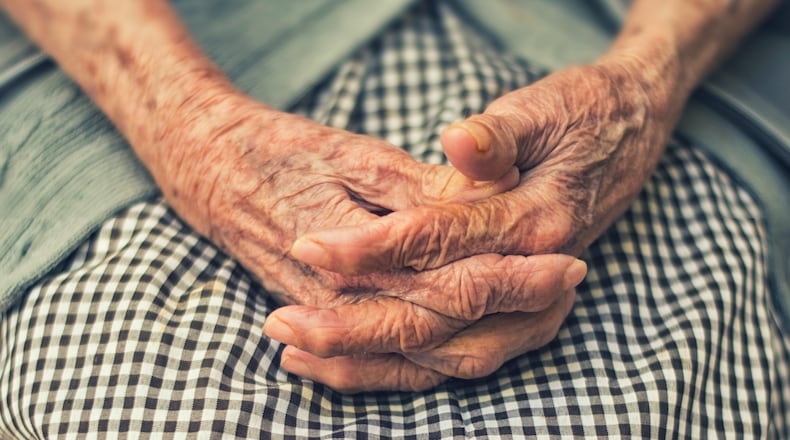The Rosalynn Carter Institute for Caregiving on Thursday released a new report that examines the mental health and well-being of unpaid family caregivers during the pandemic.
Jennifer Olsen, executive director of the Americus-based institute, which was founded by former first lady Rosalynn Carter, referred to it in a press release as “our worst fear.”
“The fear for me comes from recognizing that caregivers are a population who are — on any given day —struggling and challenged by the role they play," Olsen said in an interview. "They often come from a place of uncertainty about what is coming next.”
The survey, which was given between June 2 and August 1, included more than 400 caregivers from 46 states.
Since the start of the pandemic, most — 83% — reported an increase in stress levels tied to their role as caregivers.
Among those surveyed, 42% reported the number of other caregivers available to help them has dropped during the pandemic, according to the report, which was funded by the Bristol Myers Squibb Foundation and comes just ahead of World Mental Health Day on Oct. 10.
Other stressors included feelings of isolation, financial concerns and worries about contracting COVID-19 themselves or by the people they care for.
These caregivers “are silently struggling,” Olsen said. “They do everything thing they can to care for someone else and many are not the first to ask for help.”
Still, caregivers represent amazing people, said Olsen, who estimates there are more than 53 million unpaid caregivers in the nation. They are some of the most experienced at keeping their loved ones safe and addressing challenges, she said.
Olsen recommends increased availability of telehealth services for mental health and caregiving coaching. There is also a need for more connectivity among caregivers.
In many cases, Olsen said, their strength comes from “others who know their journey.”
About the Author
Keep Reading
The Latest
Featured




